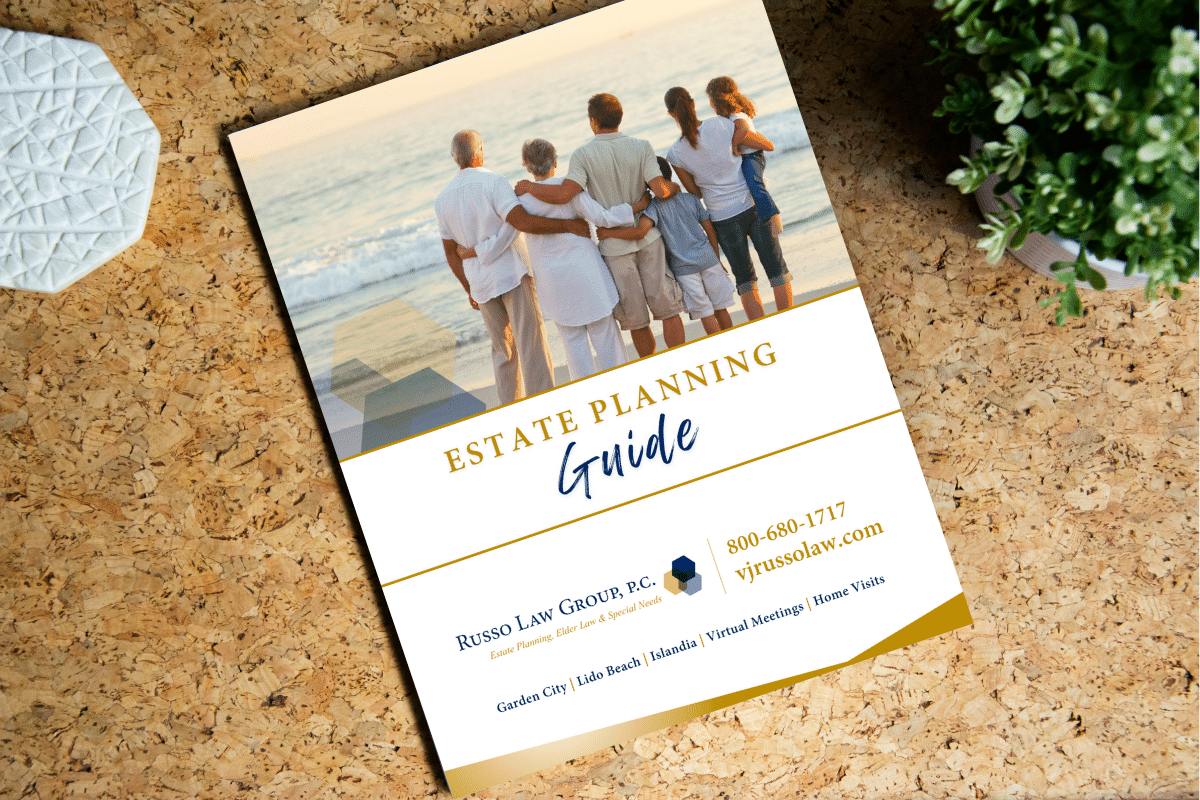In June 2025, House Democrats Jimmy Gomez (CA) and Don Beyer (VA) reintroduced the Choose Medicare…
A popular question we often receive is, “If I apply for Medicaid is my home exempt?”
A homestead is defined by Medicaid as the primary residence occupied by the applicant, the applicant’s spouse, or the applicant’s minor, disabled, or blind child. A homestead is exempt for purposes of Medicaid eligibility under certain circumstances. The law limits that the applicant’s net equity in the home must be valued at or below $955,000 for 2022. On its face, this means that an individual may apply for Medicaid with the title to their home still in his or her name.
Problems can arise if an exempt homestead is occupied by an individual with no spouse, minor, disabled, or blind child in the household. It is possible for an exempt homestead to lose its exemption if the status of the sole occupant changes, i.e., the occupant leaves the home and is considered by the local Medicaid agency to be in a permanent absent status. By placing an individual in permanent absent status, the local Medicaid agency is presuming that the individual will not return home. A key element as to whether an individual is in permanent absent status is the intent of the individual to return home.
Additionally, if a homestead is owned solely by the Medicaid recipient, when that person dies, the local Medicaid agency is entitled to recover (get paid back) from the estate of the recipient.
It is therefore good practice to meet with your estate planning attorney to determine the best strategy for protecting your home in the event you require long-term health care in the future. Planning strategies may include transferring your home to a Medicaid asset protection trust or to a spouse.
Please contact us with any questions you may have regarding protecting your home or other assets from the costs of long-term care.




Comments (0)